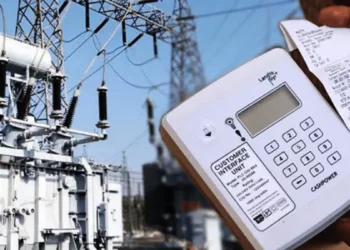The Organization of Petroleum Exporting Countries (OPEC) has refuted the International Energy Agency’s (IEA) assertion that the oil and gas industry faces a “moment of truth” between transitioning to clean energy or exacerbating the climate crisis. In a statement released on November 27, OPEC emphasized that its member countries are actively engaged in emissions reduction strategies and highlighted four key technologies being utilized for this purpose:
Carbon Capture Utilization and Storage (CCUS): A technology aimed at capturing carbon dioxide emissions produced from the use of fossil fuels in electricity generation and industrial processes, preventing the release of CO2 into the atmosphere.
Direct Air Capture: This technology involves the direct removal of carbon dioxide from the air using specialized technologies and processes.
Carbon Dioxide Removal: Methods and technologies designed to remove excess carbon dioxide from the atmosphere, including afforestation, reforestation, and other nature-based solutions.
Clean Hydrogen: Production of hydrogen using methods that generate minimal or no greenhouse gas emissions, such as green hydrogen produced using renewable energy sources.
OPEC Secretary General, Haitham Al Ghais, expressed concern over the IEA’s portrayal of the oil and gas industry as behind the climate crisis. He criticized the IEA’s “moment of truth” declaration as narrow and suggested it downplayed essential issues such as energy security, access, and affordability. Al Ghais highlighted the irony of the IEA’s stance, considering its shifting narratives in recent years.
OPEC insisted on adopting a “bottom-up” approach, criticizing the IEA’s proposed framework to assess company targets’ alignment with net-zero emissions scenarios. OPEC argued that this framework could curtail the sovereign actions of oil and gas-producing developing countries, potentially pressuring their National Oil Companies.
Al Ghais stressed the complexity of energy challenges and advocated for balanced investments in various energy sources and technologies. He emphasized that the oil and gas industry is actively investing in renewables and emission-cutting technologies, with some OPEC countries leading in these efforts. Al Ghais called for collaborative discussions, respecting each country’s transition pathways, and balancing growth, mobility, access, and emission reduction goals.





